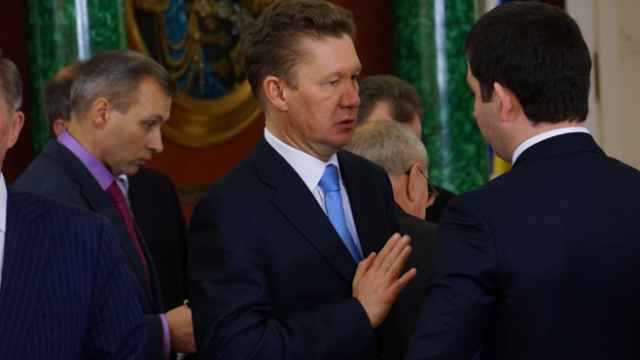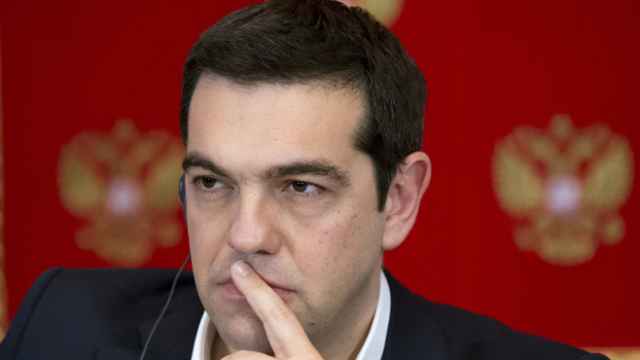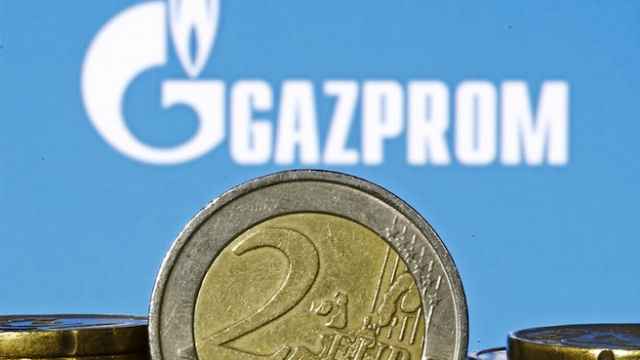The United States wants Greece to focus on a Western-backed pipeline project rather than a rival gas pipeline that Athens is discussing with Russia, the top U.S. energy diplomat said on Friday after talks with Greek officials.
Cash-strapped Greece has been making overtures to Russia since a leftist government took power in January. Athens says Moscow is considering paying it in advance for the Turkish Stream pipeline to bring Russian gas to Europe via Greece after abandoning the South Stream project last year.
The United States, however, is pushing Greece to stick with the Trans-Adriatic Pipeline (TAP) that is set to bring gas from Azerbaijan to Europe by crossing through Turkey, Greece, Albania and the Adriatic Sea.
"What we agreed on is it's important to focus on what projects are on the table today and that is TAP, that will interconnect to the Azerbaijani pipeline. That is what's on the table for Greece today," Amos Hochstein, the U.S. special envoy for energy affairs, told reporters after talks with the energy minister and a top aide to the prime minister.
"Turkish Stream doesn't exist. There is no consortium to build it, there is no agreement to build it. So let's put that to the side, and wait until there's some movement on that and see if that's relevant or not relevant and in the meantime focus on what's important — the pipeline we already agreed to, that Greece already agreed to."
In talks with Greek officials, Hochstein said "we agreed far more than we disagreed," without giving details on the differences.
But in a statement after the talks, Energy Minister Panagiotis Lafazanis, part of the government's far-left faction that is keen to boost ties with Russia, said Greece would continue to back the Russian gas pipeline.
"We are backing this project because we think it will be useful for our country," the statement said.
Hochstein reiterated the U.S. position that the best way for Europe to secure its energy supply is by diversifying its sources and ensuring competition.
"There is no reason why Russia should not be a supplier of gas into the region and the U.S. does not challenge that in any way," he said. But he added that having other sources of gas would "help with price, reliability of supply and that will help take the political element out of the supply system."
A Message from The Moscow Times:
Dear readers,
We are facing unprecedented challenges. Russia's Prosecutor General's Office has designated The Moscow Times as an "undesirable" organization, criminalizing our work and putting our staff at risk of prosecution. This follows our earlier unjust labeling as a "foreign agent."
These actions are direct attempts to silence independent journalism in Russia. The authorities claim our work "discredits the decisions of the Russian leadership." We see things differently: we strive to provide accurate, unbiased reporting on Russia.
We, the journalists of The Moscow Times, refuse to be silenced. But to continue our work, we need your help.
Your support, no matter how small, makes a world of difference. If you can, please support us monthly starting from just $2. It's quick to set up, and every contribution makes a significant impact.
By supporting The Moscow Times, you're defending open, independent journalism in the face of repression. Thank you for standing with us.
Remind me later.





